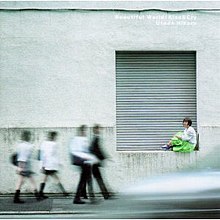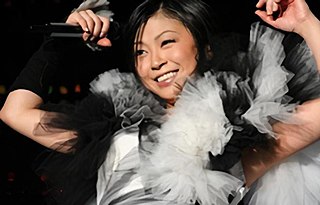
Hikaru Utada, also known mononymously as Utada, is a Japanese and American singer, songwriter, and producer. She is considered to be one of the most influential and best-selling musical artists in Japan.

First Love is the debut Japanese-language studio album by Japanese-American recording artist Hikaru Utada, released on March 10, 1999, by Eastworld.

"Be My Last" is Hikaru Utada's 14th Japanese single, released on September 28, 2005. It was used for the 2005 film Spring Snow, an adaptation of the 1966 Yukio Mishima novel of the same name.

"First Love" is a song by the Japanese-American singer-songwriter Hikaru Utada. It was released on April 28, 1999, as the third Japanese language single from her second studio album, First Love, which was issued a month previously. It was certified double platinum for 800,000 copies shipped to stores in Japan.
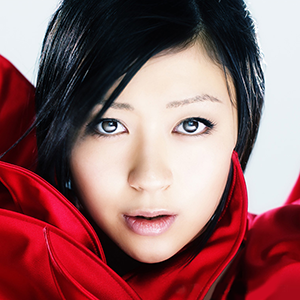
Ultra Blue is the sixth album by Japanese–American singer Hikaru Utada, released on June 14, 2006, by Eastworld. It is the first original Japanese language album under Hikaru Utada's name in four years since her third album Deep River (2002). Ultra Blue contains thirteen songs, including six singles released between 2003 and 2006. While the arrangements for her album Deep River were done collaboratively, all but one of the songs on Ultra Blue were written, composed, and arranged solely by Utada, who also did the programming herself. In this album, the R&B elements that have been present since her debut are further diminished, and the majority of the songs have an electronic flavor with an emphasis on synth sounds.
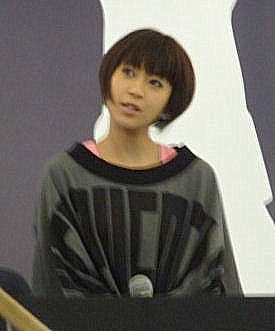
The discography of Japanese-American R&B and pop singer Hikaru Utada consists of eleven studio albums, four compilation albums, eleven video albums and numerous singles and promotional singles. Utada began as a musician in the early 1990s as a member of U3, a family unit made up of her, her mother Junko Utada, also known as 1970s enka singer Keiko Fuji, and her father, musical producer Teruzane Utada. U3 released their debut album Star in 1993, with the hope to debut in America. In 1996, the group was rebranded as Cubic U, an R&B project focusing on Hikaru Utada, resulting in the English language album Precious in 1998 with record label Toshiba EMI.

"Final Distance" is a song by Japanese recording artist Hikaru Utada for her third studio album Deep River (2002). Written by Utada herself, the song was produced and composed by long-time collaborators Akira Miyake, Utada's father Teruzane Utada and herself. "Final Distance" was originally recorded as "Distance" which was taken from the album with the same name, despite not being a single. The song was re-recorded, re-arranged, and dedicated to Rena Yamashita, a six-year-old victim of the Ikeda school massacre who had written an essay about being inspired by Utada. Utada had stated that the meaning of the word "final" for the song "Final Distance" is "most important" rather than "last."
"This Is Love" is Hikaru Utada's first Japanese digital single. It was released on May 31, 2006 as a promotional single for her fourth Japanese studio album. "This Is Love" was tied-in as the CM song for a Nissin cup noodle campaign and the opening theme for an anime "Freedom," which was also tied into the Nippon campaign. The digital single reached number one in virtually every online music store in Japan prior to the ULTRA BLUE album's release, including the most used store in Japan, iTunes Japan, as well as OnGen, among others. Utada herself is quoted to have said that this song is about expressing that "Love is like a mix of extremes: anxiety and peace."

"Flavor of Life" is Hikaru Utada's 18th Japanese single. The physical single was officially released on February 28, 2007.

"Kiss & Cry" is a song recorded by Japanese American recording artist Hikaru Utada for her seventh studio and fifth Japanese album, Heart Station (2007). It was written, composed, and arranged by Utada, whilst production was handled by Utada, her father Teruzane Utada, and Akira Miyake. The single premiered on May 31, 2007 as the third single from the album in Japan. It was re-released as a double A-side single with "Beautiful World", which also appeared on the parent album on August 29 in Japan, and digitally worldwide. Musically, "Kiss & Cry" is an R&B song, influenced by pop and hip-hop music. Lyrically, it discusses both Utada's upbringing and social beliefs between both Western and oriental regions.

Heart Station is the seventh studio and fifth Japanese-language album by Japanese–American recording artist Hikaru Utada. It was released on March 19, 2008, by EMI Music Japan sublabel Eastworld, and globally on March 26, 2008. It is Utada's eighth consecutive studio album to be fully written and produced by her, with the help of her father Teruzane Utada and long-time collaborator Miyake Akira through the production. Recorded between 2006 and 2008, it was worked on whilst she was recording her ninth studio and second English-language studio album, This Is the One (2009). With the album artwork photographed by Japanese photographer Mitsuo, Heart Station was released in two formats: a physical CD, and as a digital download.

"Heart Station" is a song by Japanese musician Hikaru Utada, which was released as a double A-side single alongside her song "Stay Gold" on February 20, 2008. It served as the fifth single from her fifth Japanese-language album Heart Station. "Heart Station" was fully written, composed and produced by Utada herself. The song was created with the image of a song that would come on if you were to turn on your car radio on a late-night highway on your way home from work or play, with the title meaning a place that transmits radio waves from the heart. Musically, it is a midtempo pop ballad. Lyrically, it speaks about bidding someone adieu and still trying to reach them and maintain their presence in your life.
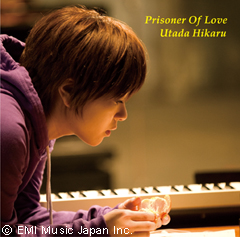
"Prisoner of Love" is Hikaru Utada's 21st Japanese single and 30th single overall. It was cut from her fifth Japanese album, Heart Station (2008), making it her first Japanese recut single in nine years since "First Love" in 1999. "Prisoner of Love" is the theme song for the Fuji TV dorama Last Friends, making it her first song since "Sakura Drops" in 2002 to be used as a main theme song. It was released as a digital download on March 26, 2008, and as a CD single on May 21.
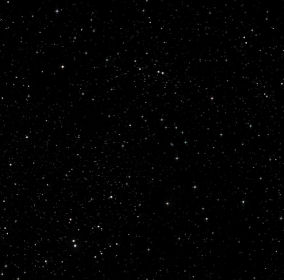
Utada Hikaru Single Collection Vol. 2 is Japanese pop singer-songwriter Hikaru Utada's second compilation album, released on November 24, 2010, by EMI Music Japan, the same day as her Universal-released English language compilation album, Utada the Best. The album includes two discs, with the first being a 13-track greatest hits album spanning 2004–2009, while the second is an extended play featuring new material. Along with Utada the Best, this remained Utada's last album release for six years, until 2016's Fantôme, due to an announced hiatus. Several of the new songs achieved commercial success, with "Goodbye Happiness" reaching number one on Billboard's Japan Hot 100 chart, and "Can't Wait 'Til Christmas" reaching number one on the Recording Industry Association of Japan's digital track chart. Both songs have been certified by the association as gold records for full-length cellphone downloads.
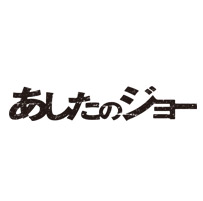
"Show Me Love (Not a Dream)" is a song by Japanese singer-songwriter Hikaru Utada. Used as the theme song for the film Tomorrow's Joe (2011), it was released as a digital download preceding Utada's second Japanese compilation album, Utada Hikaru Single Collection Vol. 2, on November 17, 2010.
"Can't Wait 'Til Christmas" is a song by Japanese singer-songwriter Hikaru Utada. It was released on Utada's second Japanese compilation album, Utada Hikaru Single Collection Vol. 2, on November 24, 2010.

"Sakura Nagashi" is a song by Japanese singer-songwriter Hikaru Utada. It was released by EMI Music Japan digitally on November 17, 2012, with a DVD single released December 26, 2012. The song is the theme to the third film of the Rebuild of Evangelion movie series, Evangelion: 3.0 You Can (Not) Redo, and was later included on their sixth Japanese-language studio album Fantôme, released in 2016. The single also marked Utada's last release under the then EMI-controlled EMI Music Japan as the label was absorbed into Universal Music Japan as EMI Records Japan in April 2013.

"Sakura Drops" is a song by Japanese-American musician Hikaru Utada. It was released as a double A-side single with the song "Letters" on May 9, 2002.

"Stay Gold" is a pop song by Japanese American musician Hikaru Utada. Used in a high-profile campaign for Kao Corporation's Asience shampoo commercials in 2007, the song was released as a double A-side single with Utada's song "Heart Station" on February 20, 2008.

One Last Kiss is an extended play by Japanese musician Hikaru Utada, which was released in the US on March 9, 2021. It was released for promotion of the Japanese animated film Evangelion: 3.0+1.0 Thrice Upon a Time around the time of the film's release. It contains all the previously released theme songs that were made for the Rebuild of Evangelion film series. It also contains the theme song "One Last Kiss", which was co-produced by A. G. Cook and released in conjunction with the film on March 10, 2021.
